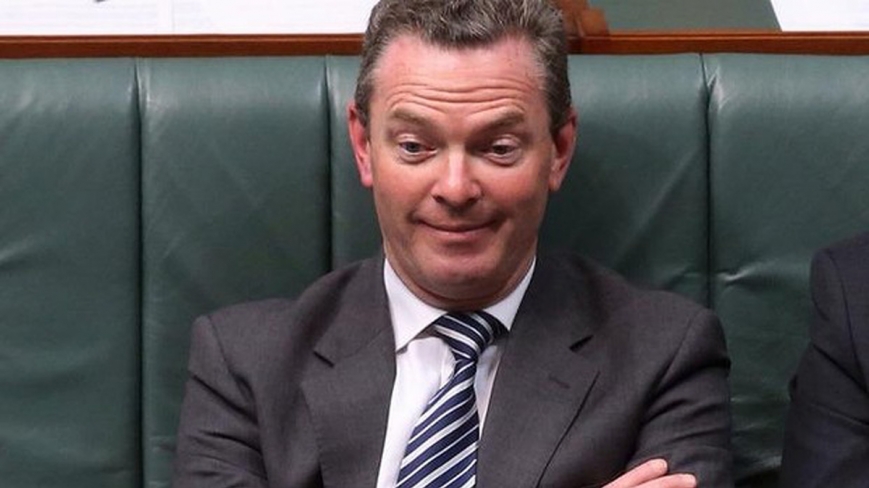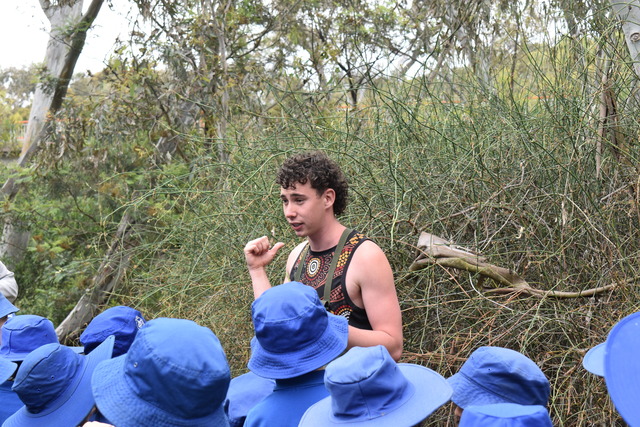The Abbott government is offering to ditch or delay the most controversial elements of its sweeping higher education reforms to secure a deal with the Senate cross-benchers to allow universities to set their own fees.
The government announced in the May budget that it would deregulate university fees, apply a real interest rate to student debts for the first time, cut university course funding by 20 per cent and extend Commonwealth funding to private colleges.
The changes are the most radical reforms to higher education policy since the introduction of the HECS repayment scheme 25 years ago.
Education Minister Christopher Pyne and university vice-chancellors have been intensely lobbying the Senate cross-benchers to support fee deregulation ahead of a Senate debate on the government’s higher education bills next week.
The government’s negotiating position is that it is committed to fee deregulation but is willing to make major concessions on the other elements of the package even if this means giving up significant short-term savings.
The back-down would follow other major concessions from the government on welfare reform, paid parental leave and spending measures associated with the mining tax.
Fairfax Media can reveal that the government is willing to:
reduce the 20 per cent course funding cut to 12 to 15 per cent;
delay the expansion of Commonwealth funding to private colleges by three years;
abandon the plan to peg student debts to the 10-year government bond rate; and
fund a structural adjustment package to help universities transition to a free-market system.
With Labor and the Greens fiercely opposed to fee deregulation, reform advocates are concentrating their efforts on winning over the Palmer United Party, Australian Motoring Enthusiast Party senator Ricky Muir and independent senator Nick Xenophon.
While Clive Palmer and Jacqui Lambie have said they will not support fee deregulation, PUP senators Dio Wang and Glenn Lazarus are seen as more open to persuasion. Senator Xenophon has expressed concerns about fee deregulation but has listened closely to arguments from university vice chancellors that the current funding model is unsustainable.
A spokesman for Mr Pyne said: “The government is continuing to discuss the higher education reforms with the cross-bench senators and as the Minister has previously stated 80 per cent of something is better than 100 per cent of nothing.
“The deregulation of the higher education system is the centrepiece of the government’s reform, strongly supported across the sector by Universities Australia and all other peak bodies.”
Mr Pyne on Friday rejected the report but stressed he was willing to negotiate.
“It looks like a grab bag of wish lists from certain people but it’s certainly not the government’s position – Fairfax strikes again,” the Minister told Channel 9’s Today show.
“I’ve said all along we’d negotiate, right, and we will negotiate but this grab bag of certain changes is all news to me.”
The government’s plan to extend Commonwealth funding to people studying diplomas, sub-bachelor degrees, or undertaking degrees at private colleges or TAFEs would cost $820 million over three years.
Delaying the expansion of financial assistance to students at for-profit colleges from 2016 to 2019 would save around $450 million and help to offset a reduction of the 20 per cent course funding cut.
Watering down the funding cut would also help ease concerns about massive fee increases under a deregulated system.
Universities have strongly opposed the funding cut, arguing they will have to increase fees by 20 per cent to maintain current resourcing levels.
The government has recognised that it will not secure support for its unpopular plan to index all student debts at the 10-year government bond rate. The plan was criticised because it would hit women and poor graduates the hardest due to the time they spent outside the workforce.
The interest rate is expected to remain pegged at inflation although the government is closely exploring alternative interest-rate models that would be less onerous for graduates.
Modelling by education economist Bruce Chapman, the architect of the HECS repayment scheme, found poor graduates would pay 30 per cent more for a degree than their high-income counterparts under the government’s original proposal.
Mr Pyne’s spokesman confirmed that almost $300 million in funding for the National Collaborative Research Infrastructure Strategy and the Australian Research Council’s Future Fellowships scheme – both seen as vital in the university sector – depends on savings achieved through the government’s reforms.
Labor higher education spokesman Kim Carr said the government should abandon its entire package.
“Fee deregulation would still see massive increases in costs for ordinary Australians who go to university,” he said. “That is the fundamental injustice of the government’s package.”
– with Latika Bourke
This story first appeared in The Age







